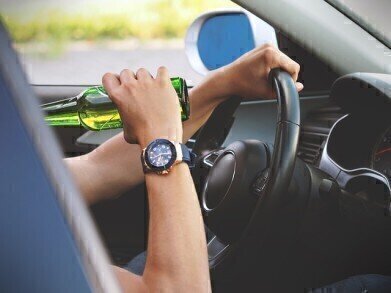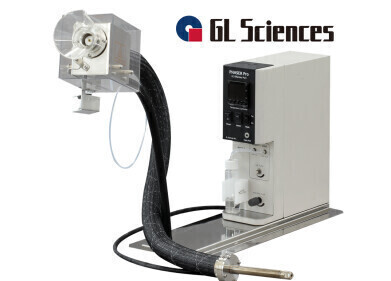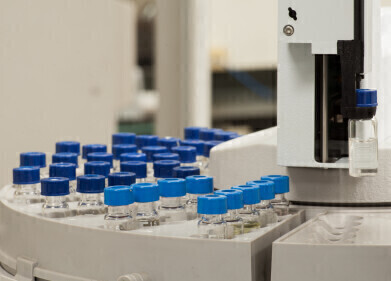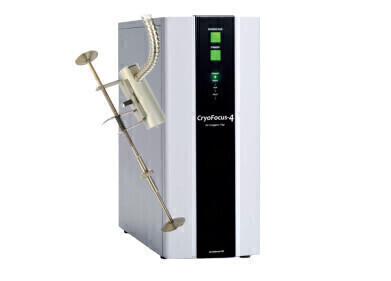GC, MDGC
Is Gut Bacteria Really an Excuse for Failed Breathalysers? — Chromatography Investigates
May 30 2017
Drink drivers are a menace to society. Not only are they a danger to themselves, but they are also a danger to everyone else on the roads and pavements where they are driving. The latest UK Department of Transport figures show that around 220 people died in drink drive accidents in 2015, with over 1,100 people suffering serious injuries. Drink drive deaths account for over 14% of all road accident fatalities.
People driving whilst under the influence of alcohol are rightly prosecuted for breaking the law — and the penalties can, in some cases, be severe with fines of up to £5,000 and a prison sentence of potentially 6 months. The loss of a driving license can impact all facets of life, including employment. But what if you fail the breath test and you haven’t been drinking?
SIBO — in your gut
For most healthy people, our small intestines contain low levels of friendly bacteria like Lactobacillus acidophilus — the type yogurt drink makers encourage to fill up with. These healthy bacteria help us to function by preventing infections and producing vitamin K. But sometimes the balance can be altered and ‘bad’ bacteria can increase and hide the healthy bacteria. This can be caused when we take antibiotics or when we are ill. Small imbalances can be altered by diet.
Sometimes, the number of bacteria can increase dramatically. One condition is known as SIBO — small intestinal bacterial overgrowth — and involves very high numbers of bacteria. The bacteria are at such high levels that the healthy bacteria become harmful bacteria producing toxins and intestinal gases like hydrogen, methane and carbon dioxide. The effect is painful discomfort and symptoms like flatulence, nausea, diarrhoea and weight loss — as the digestive tract struggles to absorb nutrients.
Beating the breathalyser?
And with the drive to beat the breathalyser some people have tried using SIBO as a defence to avoid the hefty penalties associated with drinking and driving. There are other conditions whereby alcohol is produced in the gut by excessive yeast converting carbohydrates into alcohol —auto-brewery syndrome — that is recognised by the courts.
But a recent case study in Los Angeles has possibly ruled out SIBO as a defence for failing the breathalyser test. Some lawyers have argued that the hydrogen and methane produced by SIBO could cause false positives when a sufferer takes a test. But the study used gas chromatography to monitor the hydrogen and methane levels of 50 individuals suffering from SIBO after they had consumed a sugar to produce excessive gases. They also monitored the blood alcohol levels of the participants.
The team found that although hydrogen and methane were detectable in the breath of some participants, there was no alcohol detected during breath testing. The results suggest that SIBO won’t produce false positives during a breath test for alcohol. The ability to get repeatable results from chromatography columns is discussed in the article, Silica gone bad.
Events
Jan 20 2025 Amsterdam, Netherlands
Feb 03 2025 Dubai, UAE
Feb 05 2025 Guangzhou, China
Mar 01 2025 Boston, MA, USA
Mar 04 2025 Berlin, Germany












